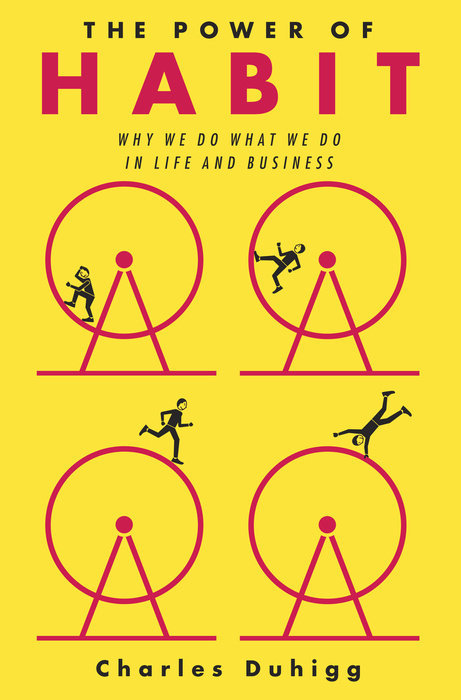Title: Decoding Behavior and Unlocking Change: "The Power of Habit" by Charles Duhigg
"The Power of Habit: Why We Do What We Do in Life and Business" by Charles Duhigg is a compelling exploration into the science of habits, shedding light on why habits form, how they can be changed, and the profound impact they have on our lives and organizations. Duhigg masterfully combines scientific research, real-life anecdotes, and practical insights to offer readers a comprehensive understanding of the mechanics of habit formation.
The book is structured into three parts: the habit loop, the golden rule of habit change, and the habits of successful organizations. Duhigg begins by introducing the habit loop—a neurological pattern consisting of cue, routine, and reward—that forms the foundation of habits. He then delves into the science of habit change, exploring the role of belief and community in breaking or creating habits.
One of the book's strengths is its accessibility. Duhigg distills complex scientific concepts into engaging narratives, making the subject matter approachable for a wide audience. The real-life stories, ranging from individuals overcoming personal challenges to major corporate transformations, serve as powerful illustrations of the principles discussed.
Duhigg emphasizes the importance of keystone habits, which have a cascading effect on other areas of life. He discusses the transformative power of identifying and changing a single keystone habit, illustrating how small shifts in behavior can lead to significant and positive changes in various aspects of one's life.
The insights on organizational habits and the role of leadership in shaping the culture of companies are particularly enlightening. Duhigg explores how habits influence the success or failure of businesses and organizations, showcasing the impact of a "keystone habit" in driving organizational change.
While the book provides valuable insights, some readers may find the repetitive nature of the habit loop concept, reiterated throughout the book, a bit redundant. Additionally, the emphasis on personal anecdotes, while engaging, may leave readers wanting more in-depth scientific analysis in certain sections.
In conclusion, "The Power of Habit" is a thought-provoking exploration of human behavior, offering practical insights into how habits are formed and can be transformed. Charles Duhigg's ability to blend science with storytelling creates a compelling narrative that inspires self-reflection and encourages readers to examine their own habits. Whether for personal development or a deeper understanding of organizational dynamics, this book provides a valuable roadmap for unlocking the power of habits and effecting positive change.

Comments
Post a Comment